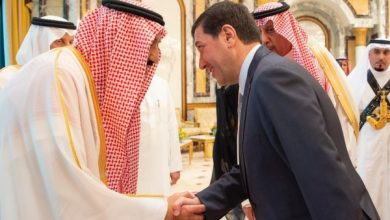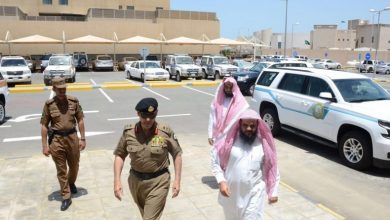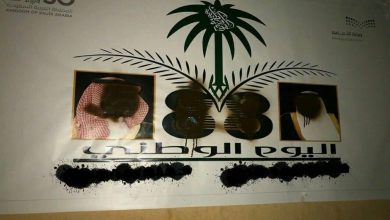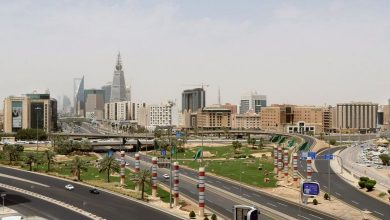Saudi Arabia described as Middle East’s ‘drug capital’
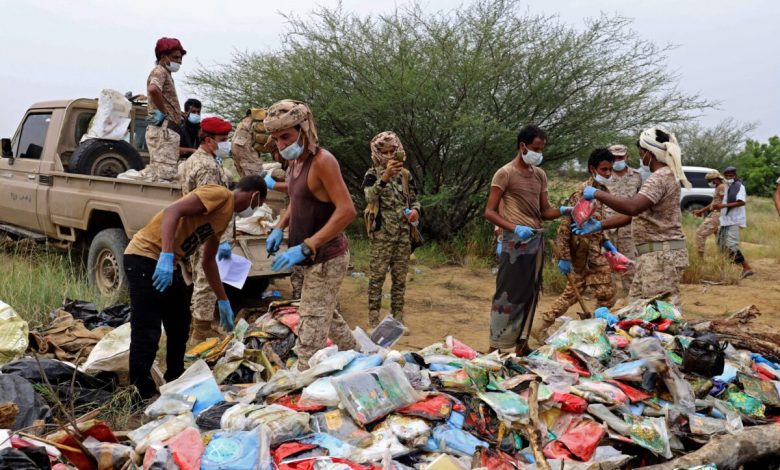
Saudi Arabia has become the drug capital of the Middle East and is struggling to crack down on regional and international trafficking of a highly addictive substance popular with the Kingdom’s young people. The growing demand in Saudi Arabia fuels the multi-billion-dollar market in Captagon pills, leaving the Kingdom with serious domestic concern and a prominent bone of contention with its neighbours.
Captagon is said to be the new craze in the wealthiest Arab nations. Trafficking of the drug is a significant source of tension in Riyadh, as revealed in Foreign Policy magazine this week. According to the UN Office on Drugs and Crime (UNODC], between 2015 and 2019, more than half of all Captagon pills seized in the Middle East were in Saudi Arabia.
The drug of choice for Saudi youth became popular in the region at the height of the Syrian crisis when fighters took the pills to get them through long battles. As time went by and the US imposed sanctions on Syrian President Bashar Al-Assad and his coterie, it fuelled a drug trade and created its own shadow economy.
Riyadh has been in a seemingly unwinnable battle to stop the illicit trade. There were three major drug busts in quick succession over the past month, but the crackdown is likely to prove futile unless it targets the source, which is why drug trafficking has become a geopolitical matter. The Saudis have insinuated that Lebanon’s Hezbollah is behind the production and transportation of cannabis and Captagon, which find their way into the Kingdom.
In what is described as a rare gesture of goodwill, the Syrian government played a significant part during one of the recent drugs busts. Damascus confiscated over 500 kilograms of Captagon that had been stashed in a pasta shipment intended for Riyadh. The Saudi authorities seized over 30 million intoxicant tablets hidden in imported cardamom a few days later. Then, in mid-December, Lebanon’s Internal Security Forces foiled an attempt to smuggle four million Captagon pills to Riyadh via Jordan, this time hidden in coffee bags.
It’s believed that the tiny pills, which are easy to make, are being mass-produced in Syria and Lebanon, which is why Riyadh is demanding that the two countries do more to stop the trade.
An indication of the extent to which the supply of Captagon has been a major flashpoint is said to be Saudi Arabia’s April ban on Lebanese imports. Experts believe that Riyadh took this drastic course of action to inflict a cost on Hezbollah for the drug trade.
However, the recent drug busts are a drop in the ocean, given the number of drugs being produced in Syria and areas under the control of Iran-backed Hezbollah in Lebanon. Just last year, the value of pills seized that originated in Syria was estimated to be $3.46 billion; in contrast, in 2019, the combined total exports of Syria and Lebanon were worth less than $5 billion.
It’s claimed that the Saudi lifestyle and social restrictions are the leading cause of drug use in the Kingdom, which is one reason why some commentators believe that Saudi Crown Prince Mohammed Bin Salman is opening up the country to western entertainment and music.
Source: Middle East Monitor

